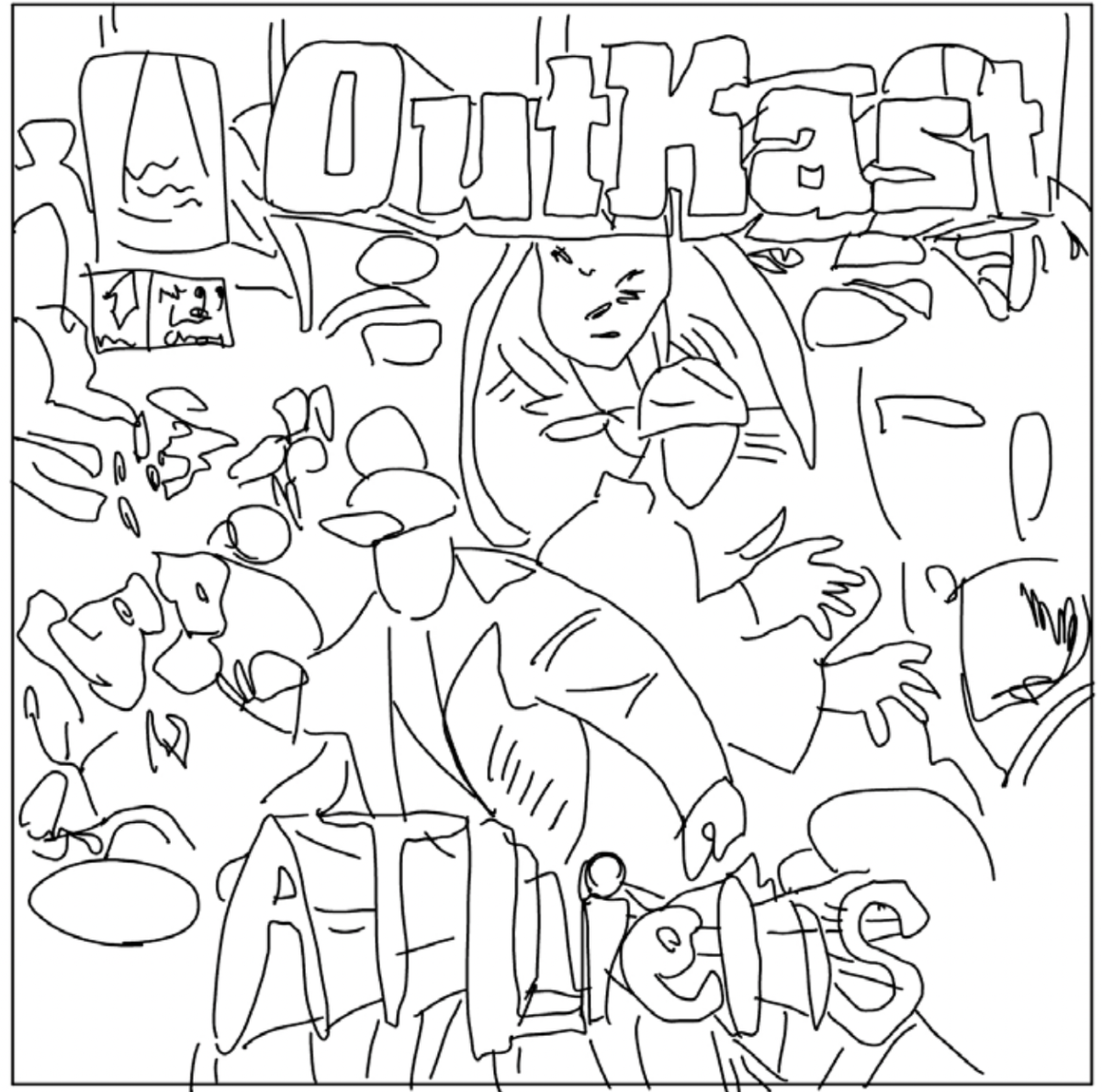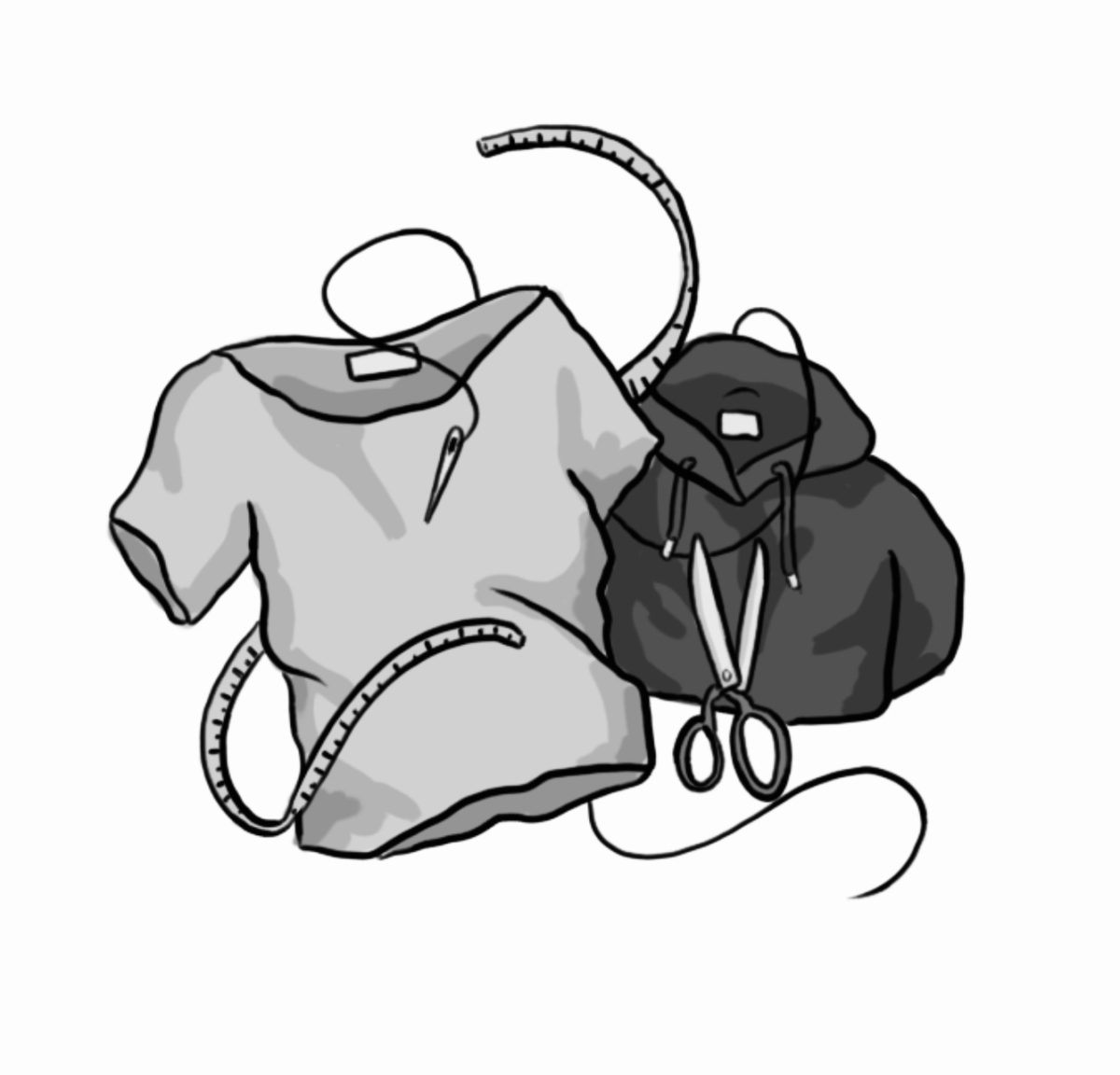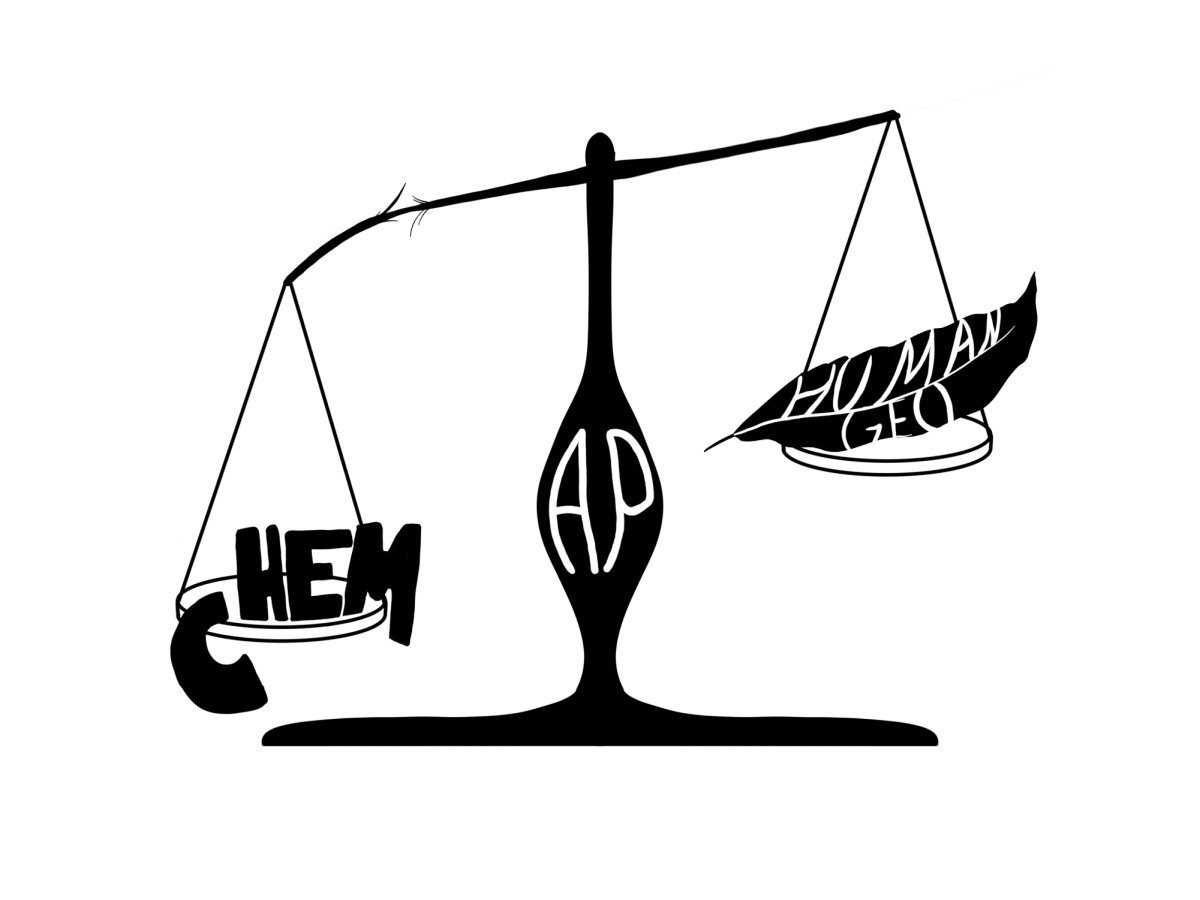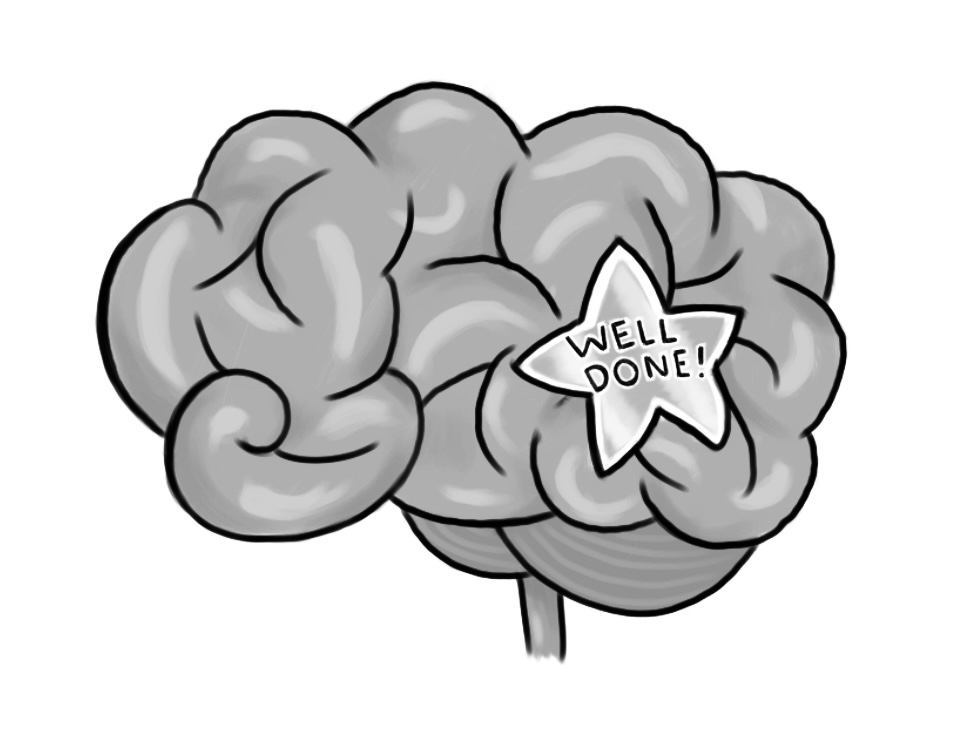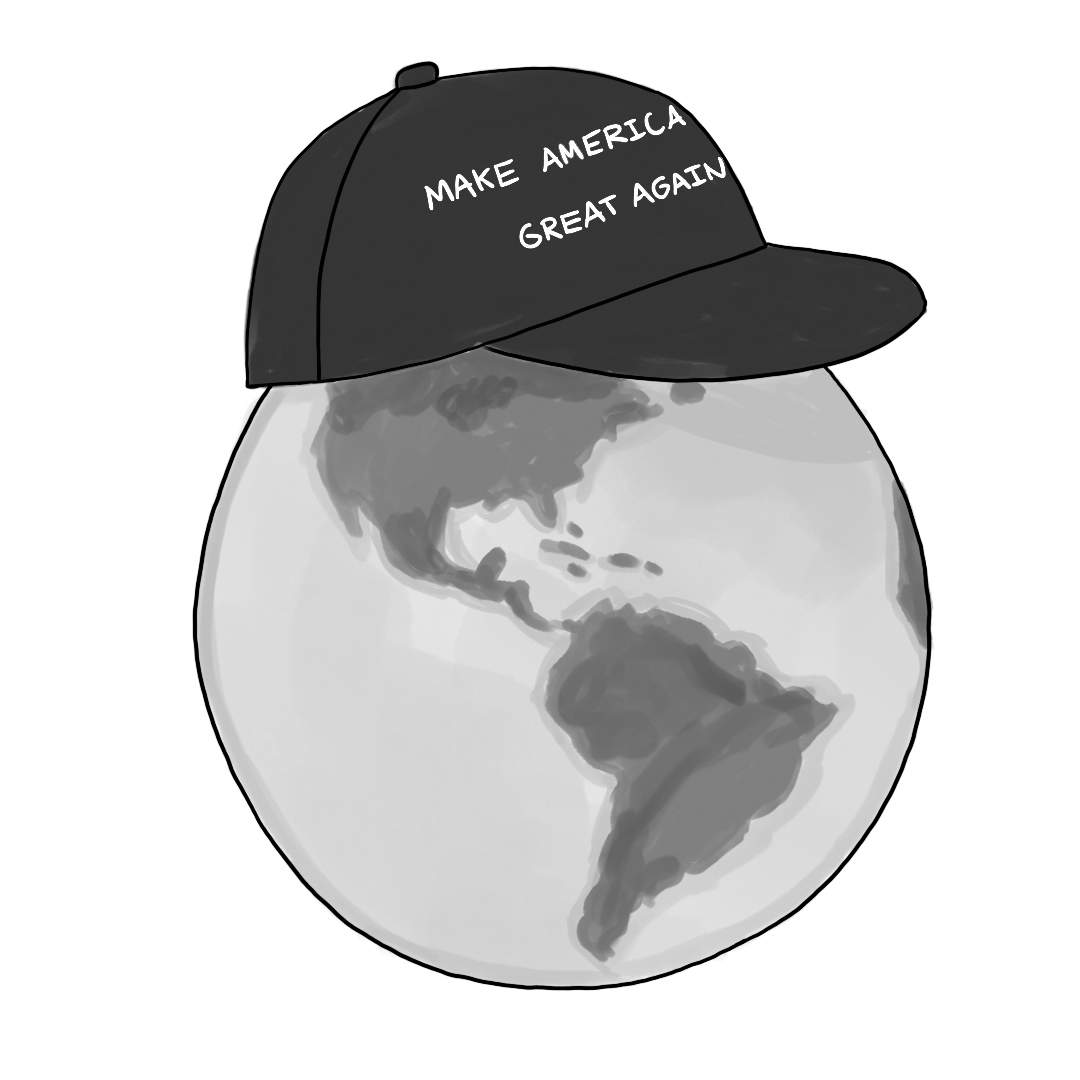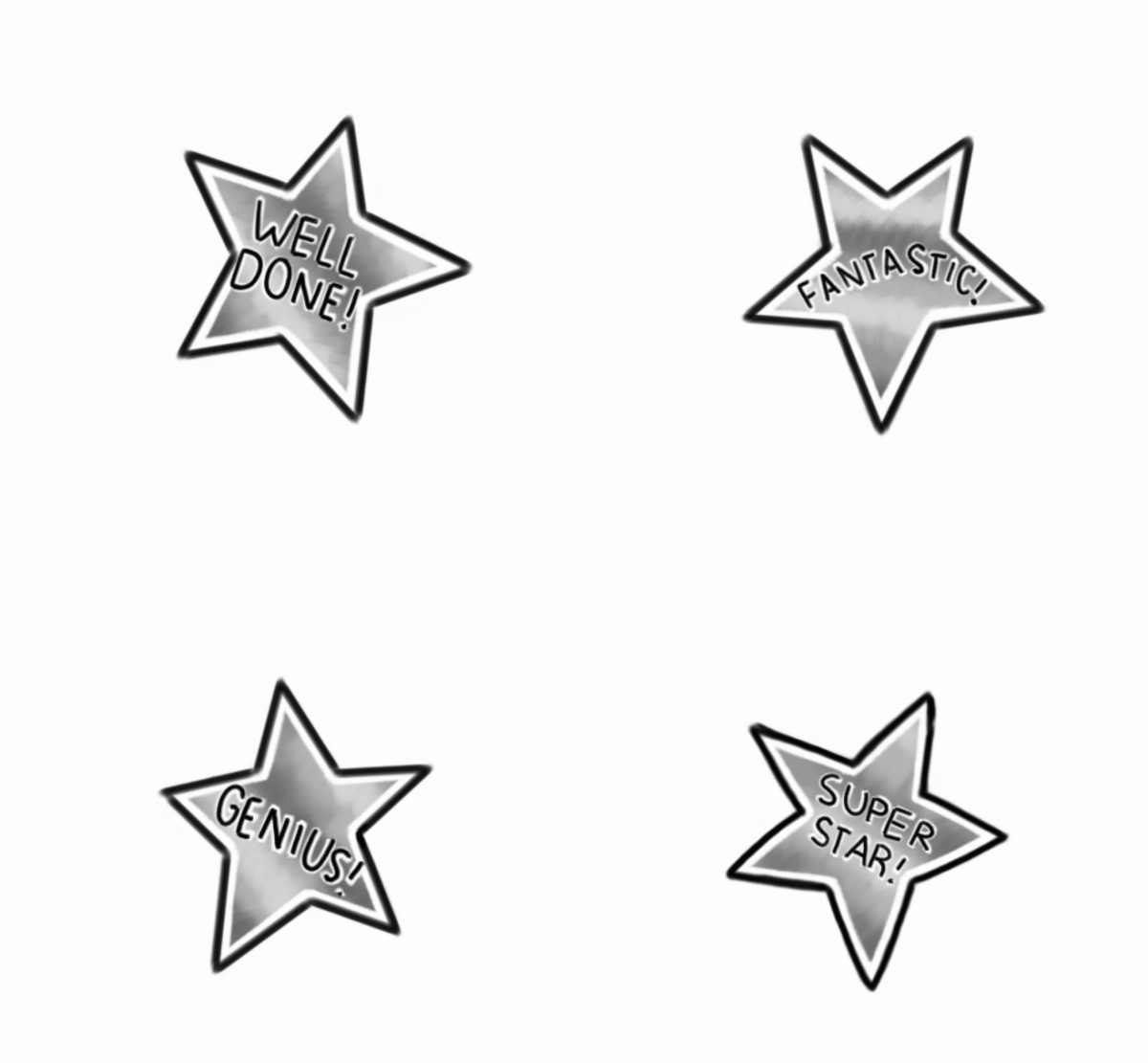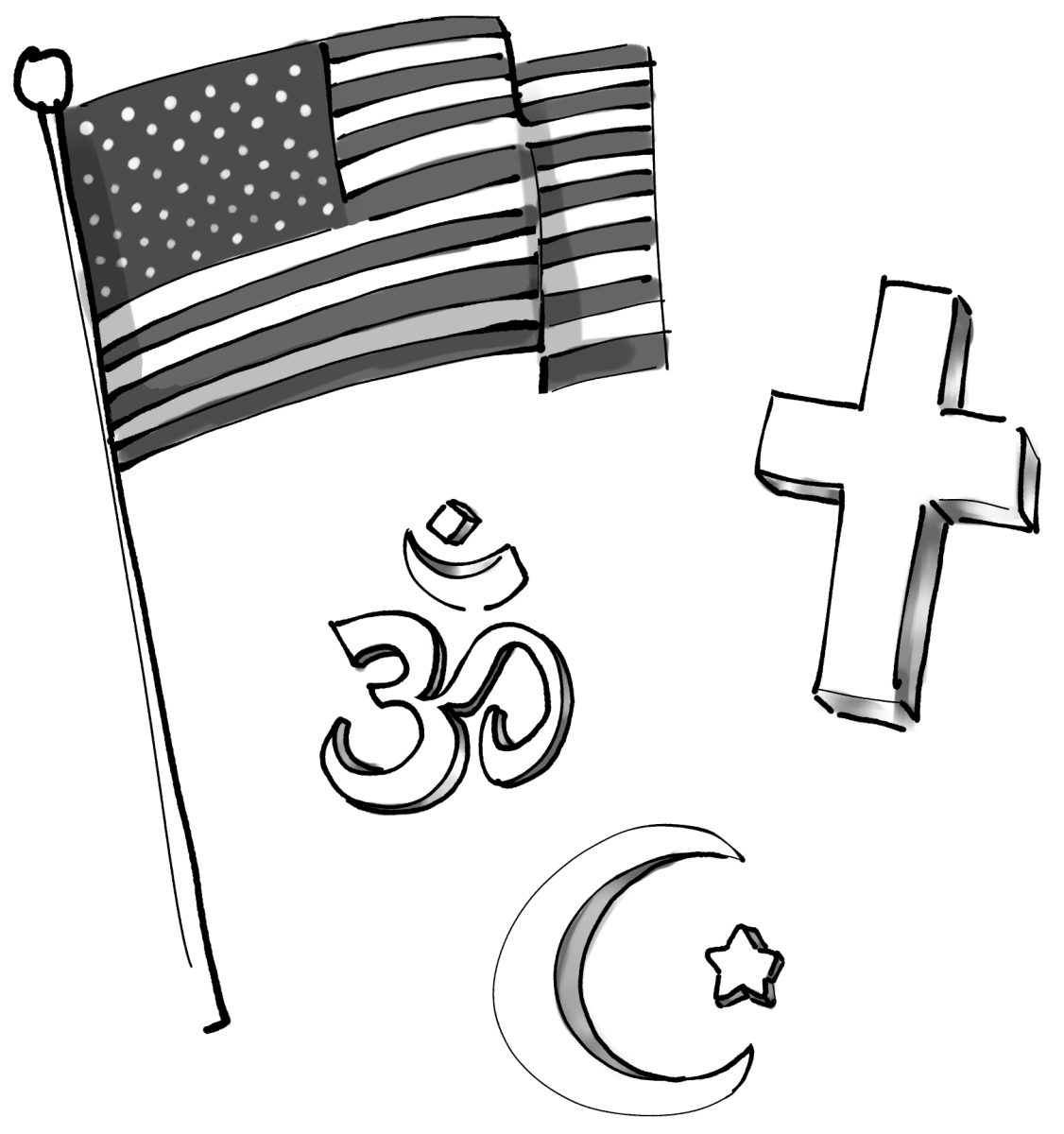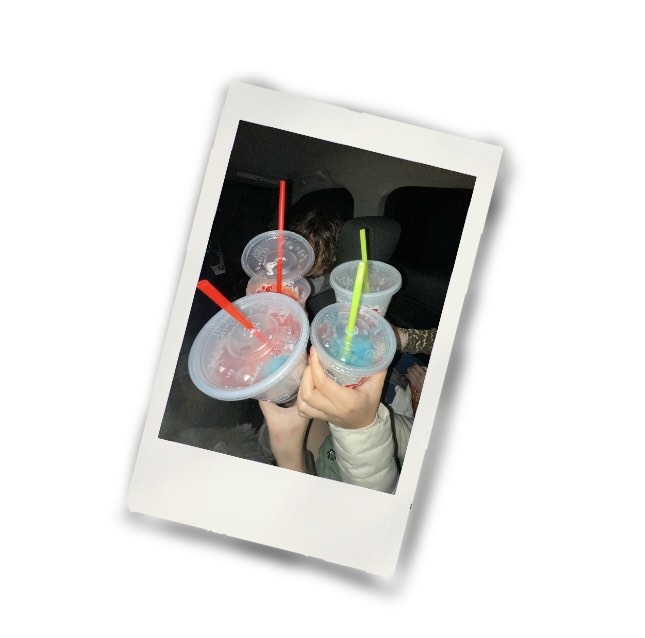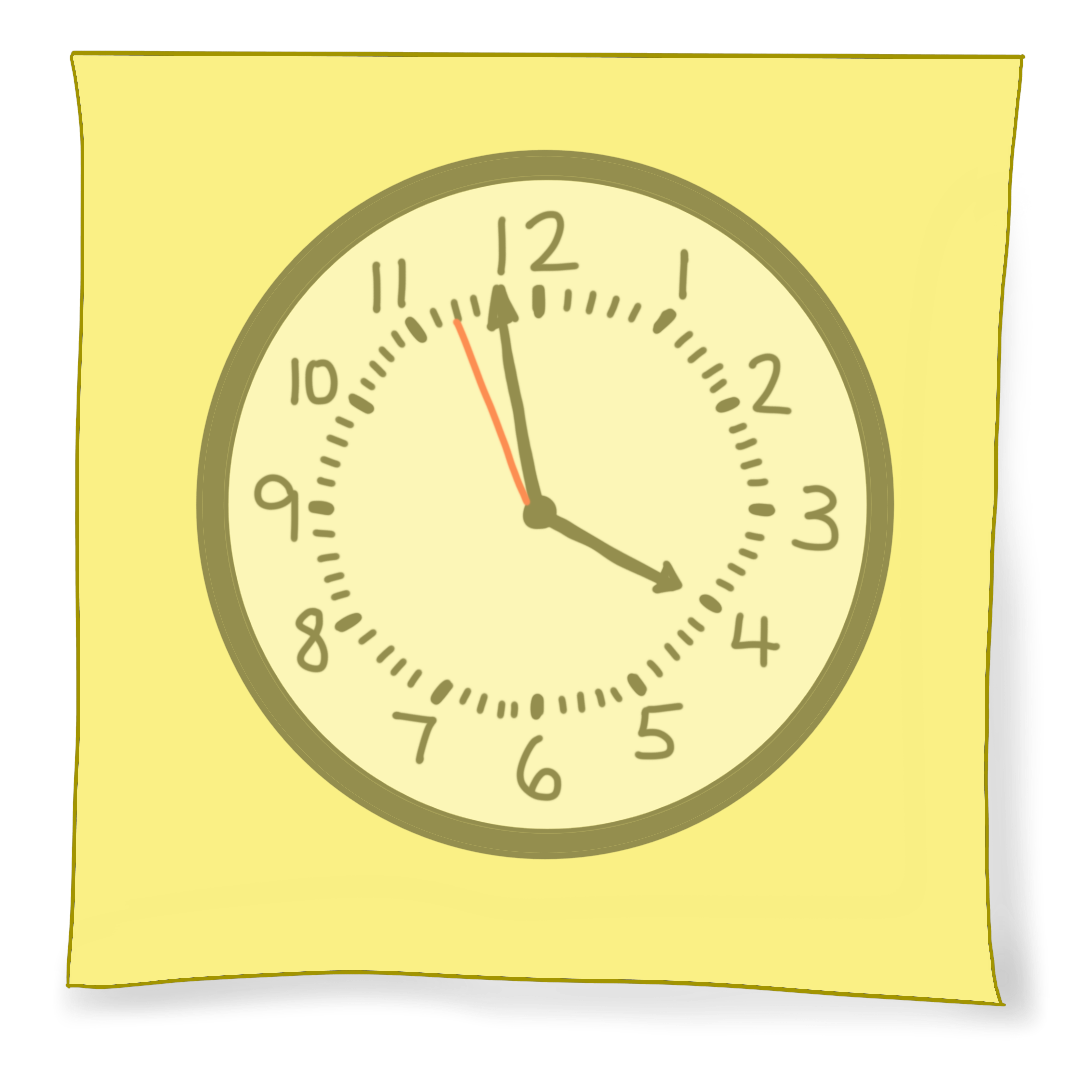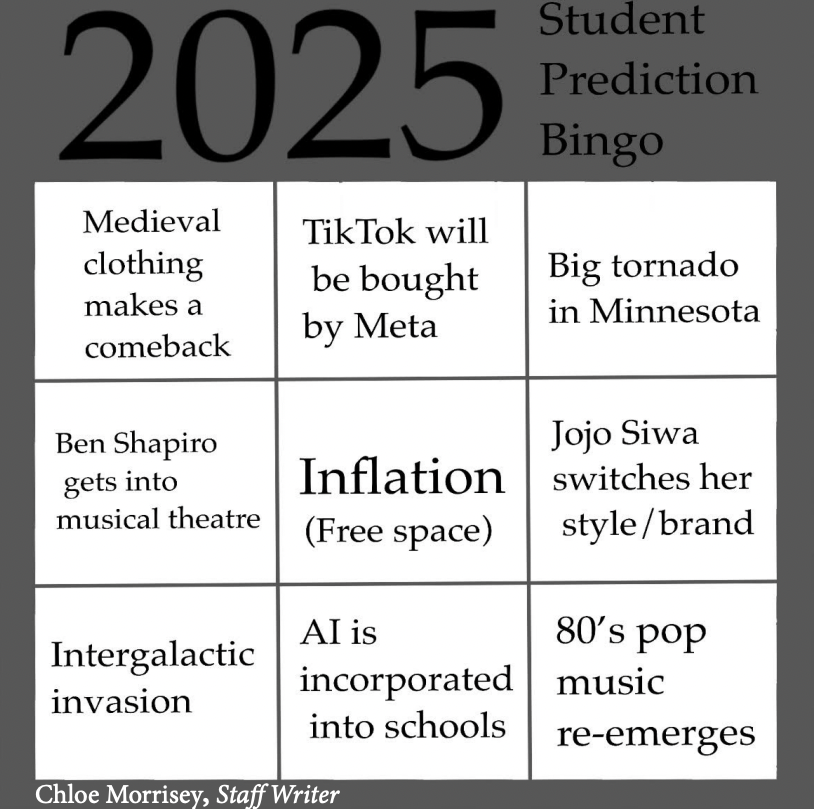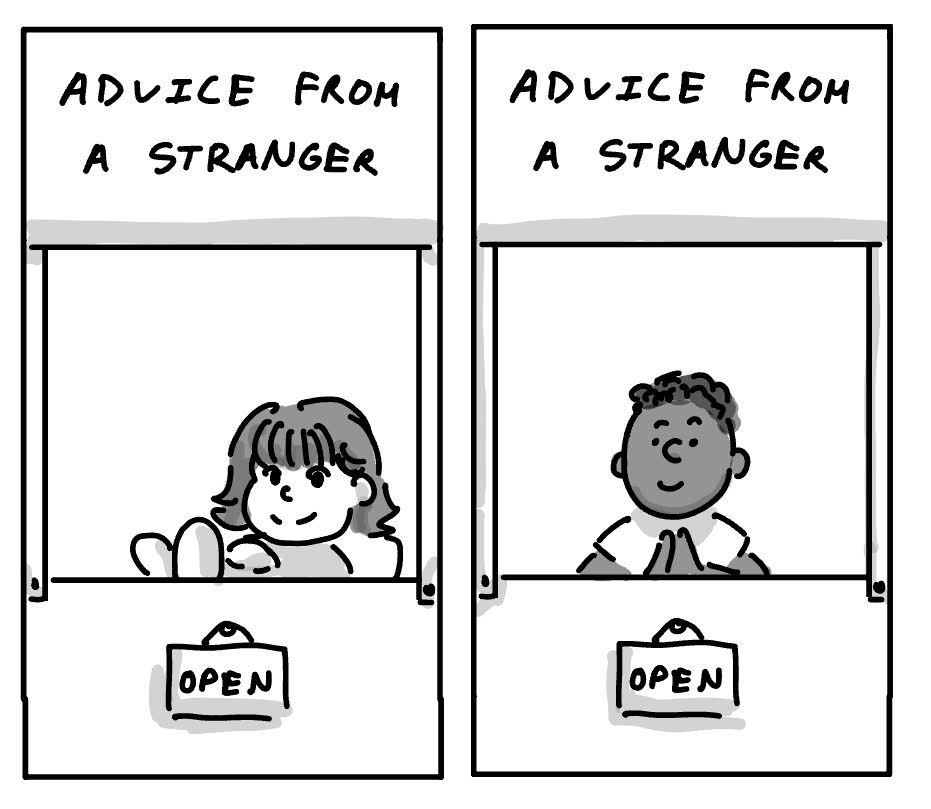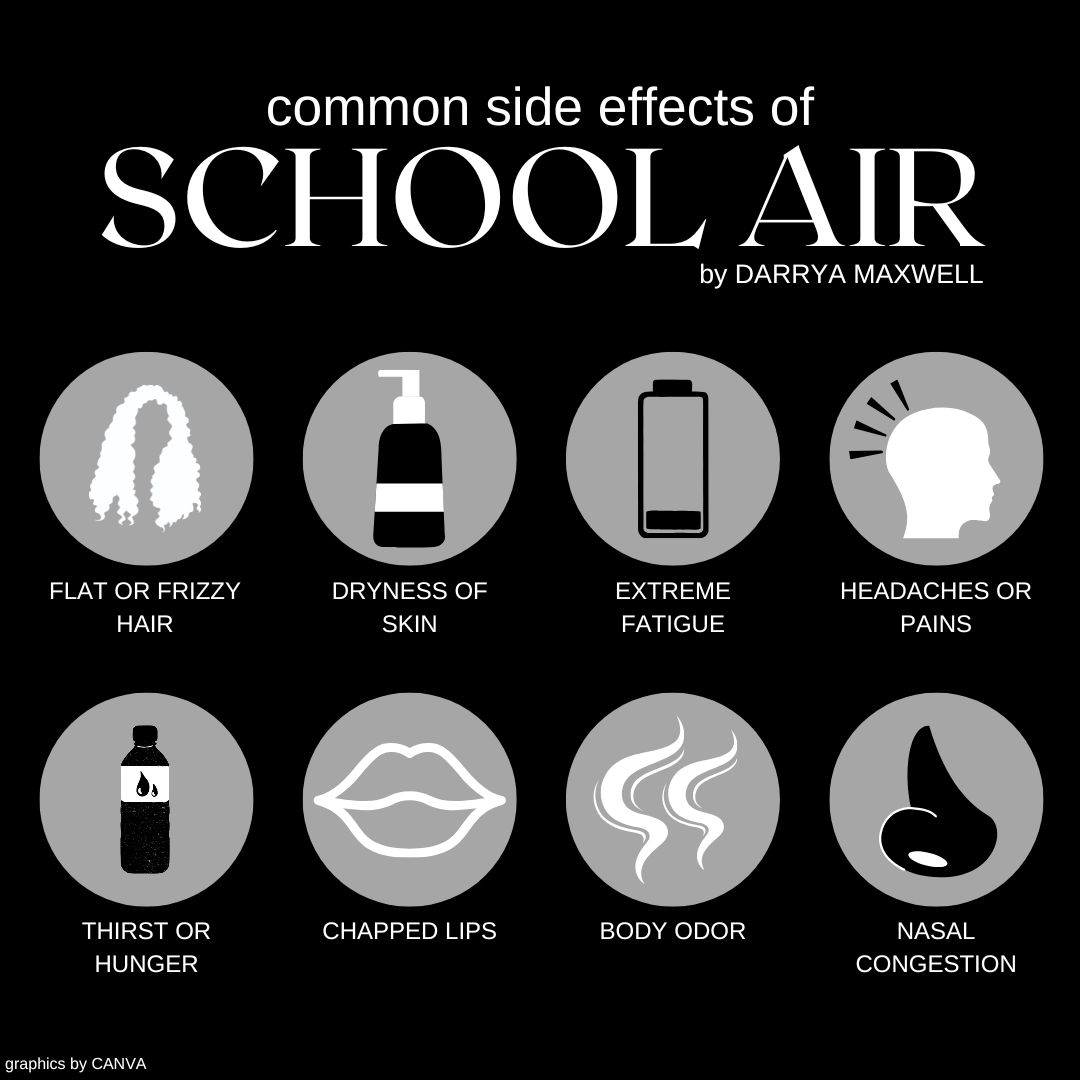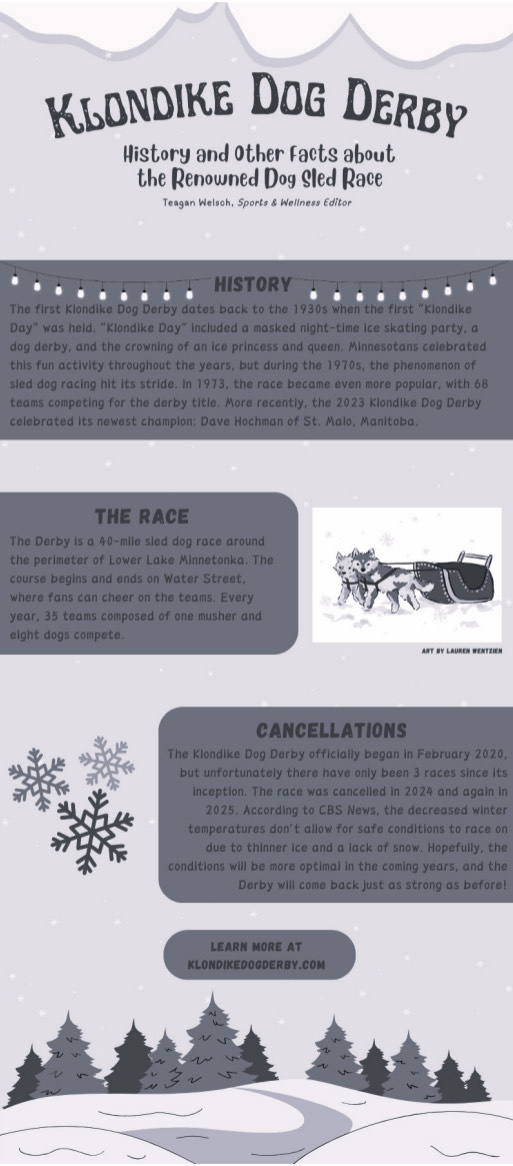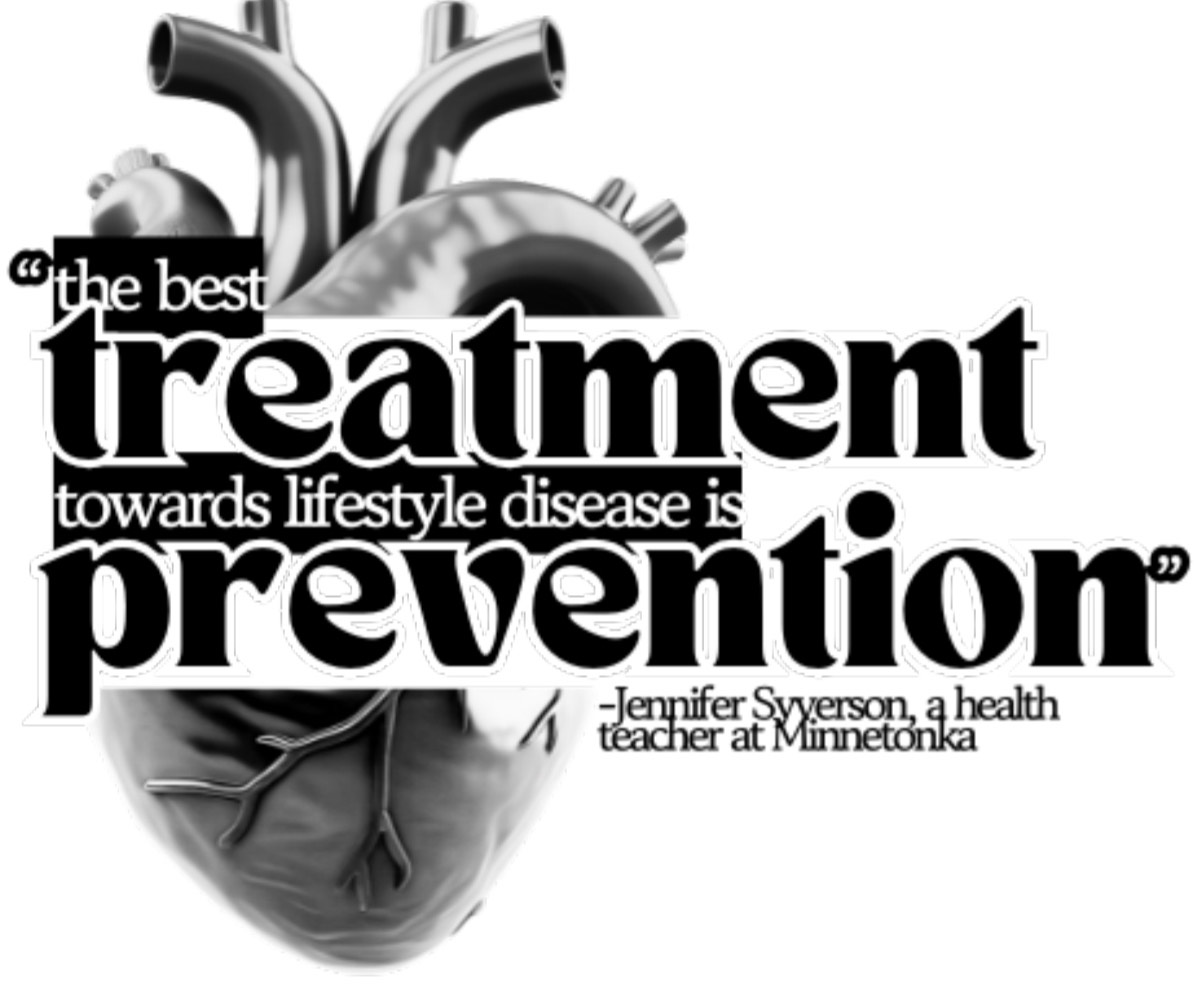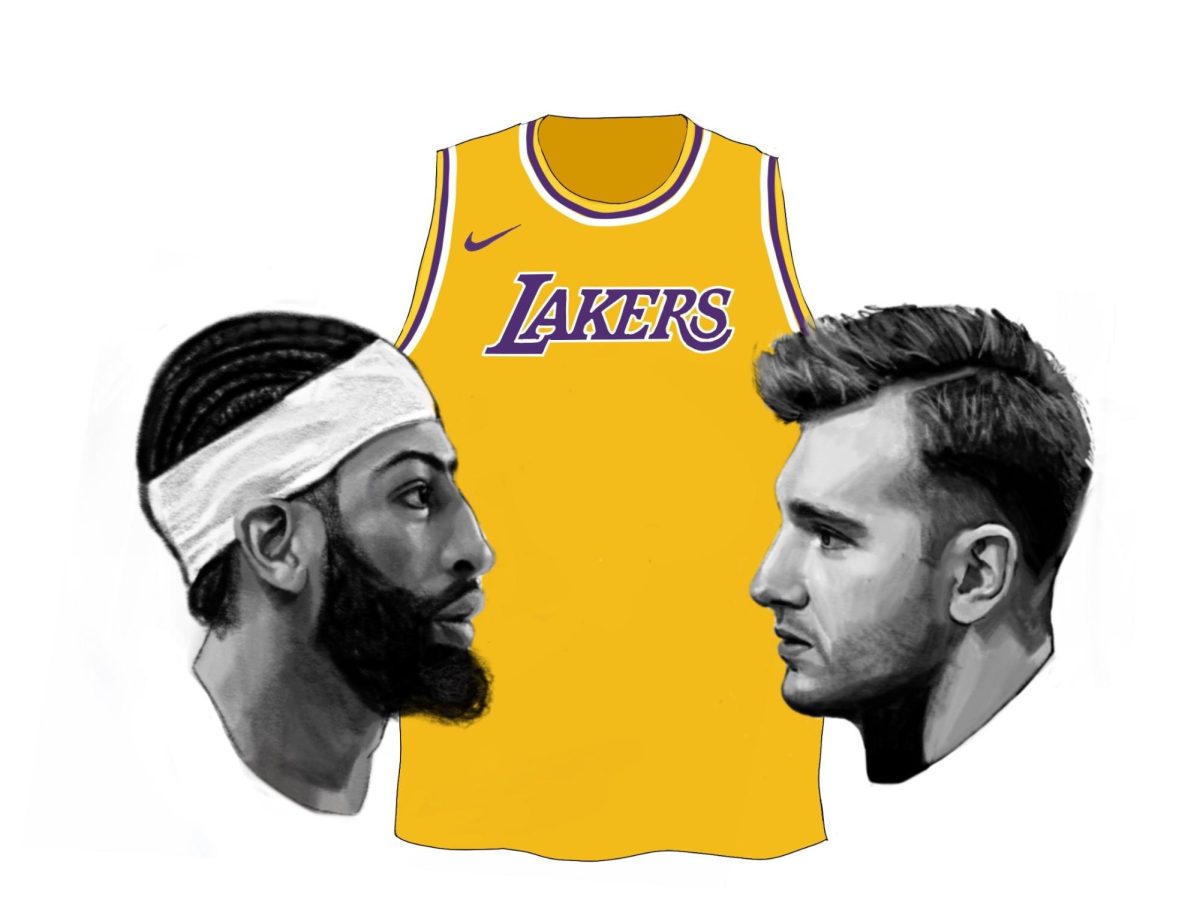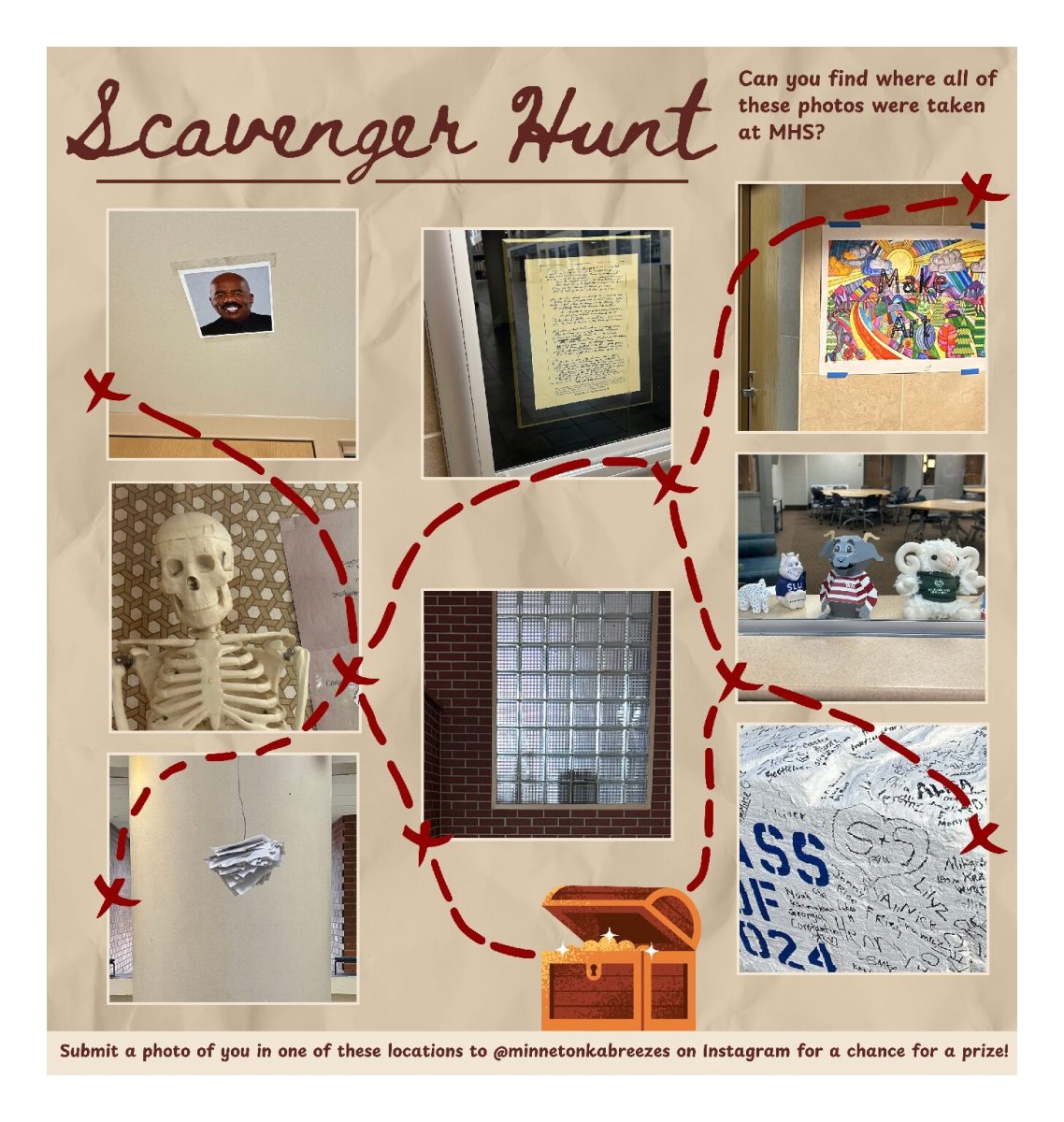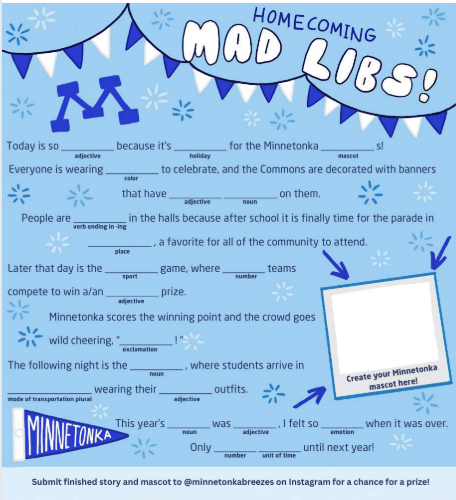Minnetonka Debate Club: A Community That Blossoms During COVID-19 In A Virtual Format
December 22, 2020
As COVID-19 continues to plague our nation, schools across the country have resorted to virtual formats. Consequently, high school clubs and activities have adapted, some facing new obstacles that alter the fundamental ways these activities are run.
One of these activities is Minnetonka High School’s Debate Team. For the past several seasons, members have engaged in drills, lectures and mock tournaments after school. Many of these drills simply do not function well in the virtual format. For example, one of most popular drills involves throwing a ball of paper every time a debater sumbles over their words and says a filler word such as “um,” “like,” and “yeah.”
Another challenge the Debate Team faced this year is shifting to online debate tournaments from the typical in-person format. During a traditional season, debaters would wake up early and take the bus to the high school hosting the competition. There, debaters would spend their day bonding with teammates, pre-filling notes, otherwise known as flows, and debating others. Minnetonka features two main debate formats: Lincoln Douglas and Congressional. The number of debate rounds can vary. There are typically five rounds for Lincoln Douglas competitors and two rounds for Congressional, but debaters may participate in additional rounds if they rank high enough to be considered for finals.
A lot of preparation is needed to have a successful debate. Debaters need to write their argumentative speeches, called cases, and research counter arguments to use against their opponents. A lot of this productivity is lost with the virtual format.
Jin Bang, ‘22, one of the Debate Team captains said, “The virtual format has definitely warped my sense of productivity; it’s hard to get your cases done without the dooming realization that you’re gonna be on a bus at 7am on your way to a competition in five hours.”
Brock Dodds, ‘23, is another debate member that has been active in the debate community for the last two years. When interviewed, he described challenges members have faced this season.
Dodds said, “I think there are three main challenges. First is the loss of the element of the way you present yourself. At its core, debate is about persuasion. But when you aren’t actually in a room with the judge and your opponent, you lose a lot of connection with the judge, making persuasion harder. Second is the prevalent tech issues. When debate was in person, you didn’t have to worry about losing connection when you were reading your case or giving a rebuttal. With online debate, this occasionally happens. Third is the inability to socialize. Debate tournaments used to be a great environment for getting to meet interesting people who share your interests, and each tournament had a different feel from other tournaments. Now socializing is a lot harder and every tournament feels the same.”
Returning members are not the only people that feel a loss of connection with the debate community.
First-year member Oskar Hafner-Orange, ‘24, said, “I went into debate thinking I would meet new people and strengthen my friendships with the people I already knew, but now I don’t really ever see my teammates’ faces.”
While Dodds and Hafner-Orange acknowledge the loss of connection, they also recognize the way the digital format has allowed the debate community to become stronger as a whole.
Hafner-Orange said, “Debate itself feels like a community in the same way any sport does, working toward the same goal and working at it collaboratively. The main difference is that debate is an independent activity. You prepare together, but the rest is independent. I feel like it has transferred to online better than most sports have for this reason. A lot of the kinship or feeling of community is lost, but a lot is preserved because doing it digitally still offers a lot of ways to connect, and physically being together isn’t vital, as it is with other activities.”
Bang also mentioned the several ways the team is fostering community.
“It is hard to create a sense of community during online practice, but I think we make up for it through the use of our group chats and constant messaging,” she said.
The virtual format has not hindered the debate curriculum. By attending twice a week virtual lectures, members have learned a wide range of topics.
When he was reflecting on all of the knowledge he had gained through the debate, Dodds said, “I’ve learned a ton of things through debate. I’m better versed on how government works and operates, how policies function, and different philosophical theories. On a deeper level, debate taught me research skills, listening skills, speaking and critical-thinking skills and empathy. Because you debate both sides, you learn that there are multiple sides to every story and that you should dig deep on important topics instead of surface level knowledge of headlines.”
All of these lectures and hours spent practicing and researching have definitely paid off, making this past season arguably the most successful one yet. At the Minnesota Debate Teachers Association Lincoln Douglas Junior Varsity/Novice State tournament, Bang and Saloni Somia became the co-champions of the Junior Varsity division after nine grueling rounds. This is Bang’s second year in a row winning state and the first time Minnetonka has closed the bracket, naming two champions instead of one. Minnetonka novice level debaters were also incredibly successful with Hafner-Orange earning sixth place.
The Minnetonka Congressional debaters were also very successful with Kruthica Dama, ‘22, performing exceptionally well at the Congressional sections tournament and advancing to the state level. This is the first time in Minnetonka history that a Congressional debater has qualified for the state level.
Minnetonka debaters also thrived at the national level. Multiple members placed at national circuit tournaments with one debater, Molly Welch, ‘22, qualifying for the National Speech and Debate Tournament.
Even with all of these amazing awards, the Minnetonka Debate Team recognizes their biggest accomplishment: the community they have formed.
Tommy Robben, ‘24, a first-year debate member said, “I think the biggest accomplishment the team has made this year is working together. This year, our team worked together giving evidence and arguments to every teammate that needed it. This can be applied for the future, making it the biggest accomplishment we’ve made.”
This emphasis on community has allowed the Minnetonka Debate Team to blossom, promising fun and fulfilling seasons in the future whether they be virtual or in-person.

